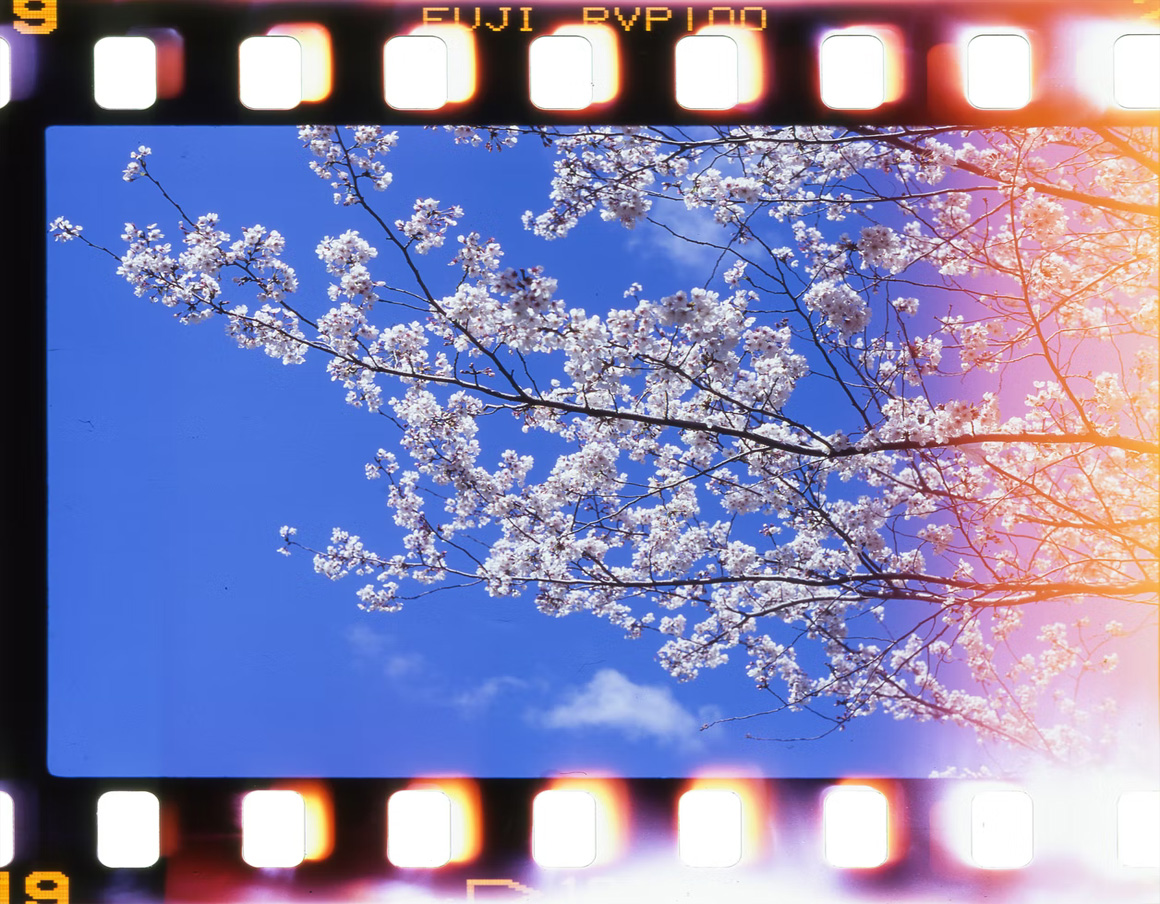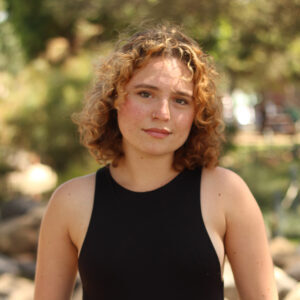I was first given the tools to love my own body in the woods of Wisconsin. At 11 years old, away from home for the first time in my life, I had no idea of the profound impact that going to Jewish summer camp would have on my mind and body.
I was born with an intestinal birth defect called gastroschisis, in which my intestines were outside of my body when I was born. That diagnosis led to a triple organ transplant by three, cancer by four, and my first conscious perception of my body consisting of a chest port, feeding tube, and a ten-inch scar stretching the width of my abdomen. Suffice it to say, I was no stranger to the concept of bodily difference, yet in my first year at camp, I was still a stranger to allowing myself to feel content with looking different than the other girls in my cabin. That summer, we grew accustomed to getting changed in front of each other and learned the seemingly grown-up language of complimenting each other’s bodies. Having been eight years post-transplant, my medical devices had been replaced with scars, but the anxiety of being perceived as different still remained. I generally kept quiet when these little bouts of pre-pubescent joy and comparison arose.
I think the counselors caught on to our verbose game of who’s judging who, because one night as we were getting ready for bed, they introduced to us a special lights-out game.
“Okay, I want everyone to think of one thing you love about your body,” said my counselor Emily as she walked around the cabin. “Take a few minutes to think about it and we’ll go around the room and share.”
My heart began to race. I had spent the entire session averting attention away from my body and now I was being asked to publicly share what I loved about it. When it was my turn to speak, I stuttered for a moment.
“I really like my eyes,” I said.
That seemed to be a satisfactory answer. As other people responded, I was pursuing an internal battle with myself. “I should have said scars,” I thought. Not necessarily because I believed it, but I both wanted to see the other girls’ reactions and prove to myself that I could say it. After every person had gone Emily instructed us to all sit up if we were laying down. We all did.
“On the count of three, we’re all going to scream ‘I love my body’ as loud as we can,” she exclaimed.
Everyone looked petrified. Their faces contorted into various expressions of anxiety and fear. Yet the proposition didn’t frighten me at all. In fact, I felt liberated knowing that I was given permission to claim ownership of a personal belief that I thought for so long was discouraged for me as someone who experienced disfigurement. I was ready. We all counted down.
“1…2…3…I LOVE MY BODY.”
I remember screaming louder than anybody else, even Emily. Though it may have been somewhat contrived, playing that game planted a seed of confidence in me. It gave me the knowledge that I deserved to take up space and take ownership of my body not because someone else accepted me despite my differences, but because it made me feel good. It felt right to equate my difference with power, rather than allowing other people to tell me that I was at my most powerful when my body passed as normal. I saw myself, for the first time, in the way I wanted to be seen, simultaneously imperfect and whole.
Since then, I’ve felt the impact of camp and the I Love My Body Game on my life, especially my creativity. This paradigm shift in my understanding of my identity deepened my connection to my artistry it grounded me and made my creative work feel more embodied. As a filmmaker, I believe film is the single greatest visual medium to increase the representation of folks who may have never seen their stories reflected back at them on screen. Growing up, I never realized how much I needed to see love stories between sick or disabled people represented on screen so that I could visualize the kind of love that I needed as someone existing in a complex body. I decided I want to use the seed of radical self-acceptance planted in those Jewish spaces to create the stories I never got the chance to see.
This summer, I am directing a short film I wrote, titled “Unconditional”. It’s about Millie and Piper, an interabled queer couple who come to terms with their fears of intimacy when they spend the night together for the first time. A lot of the film is about leaning into the discomfort of difference instead of attempting to overcome it. I thought a lot about being B’etzelem Elohim (made in the image of G-d) as I was writing the film: Jews have unconditional love from G-d despite their disfigurement and imperfection.
In the Kabbalistic creation story, it is said that G-d created vessels that broke when the “endless light” was projected into them. As humans, we are the broken vessels. Our job on this earth is to mend ourselves to one day receive the endless light. To be made in B’etzelem Elohim is to be disfigured, to be a broken vessel. Humans were created to be imperfect, a shattered vessels in pursuit of Tikkun (mending). I wanted to take that idea of disfigurement and love and frame it within the context of a relationship. Millie and Piper are made B’etzelem Elohim in each other’s eyes in that they love each other because of their imperfections and brokenness, no matter what their physical or emotional needs may be.
In the last scene, Piper asks Millie if she can teach her a game she learned at summer camp years prior. She shows her the “I Love My Body” game. To me, depicting that game on-screen represents an amalgamation of my past and future as I attempt to give voice to the complex intersection of self-acceptance, desirability, and disfigurement for disabled and queer people. As someone who has felt like I’ve existed in a gray space within both my queer and disabled identities, I want those to see the film to come away with the same knowledge that I did on that particularly cool summer night in Wisconsin: No matter who they are, they are allowed to hold space in their communities, and they can do so with pride.
It is my hope that the film begins to shift people’s perceptions of what love looks like and empower those who have ever wondered if they’re deserving of love because they haven’t seen their stories shown to them, I want to show them their stories.
Unconditional is in pre-production and will be shooting in New York City this summer. We are independently funded and appreciate any type of support for the creation of this project. If you would like to contribute to our campaign to pay our cast, crew, and equipment, you can learn more about the project and donate here.

